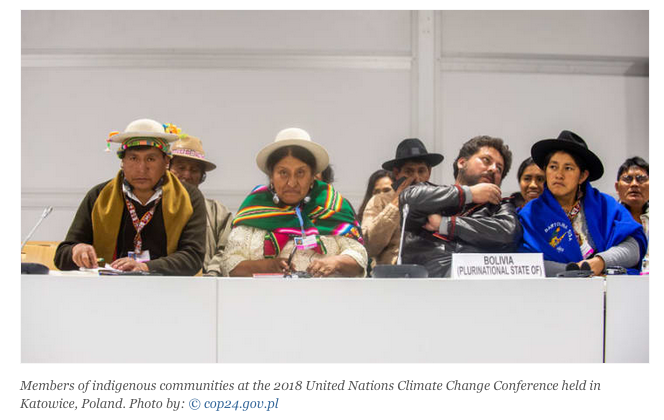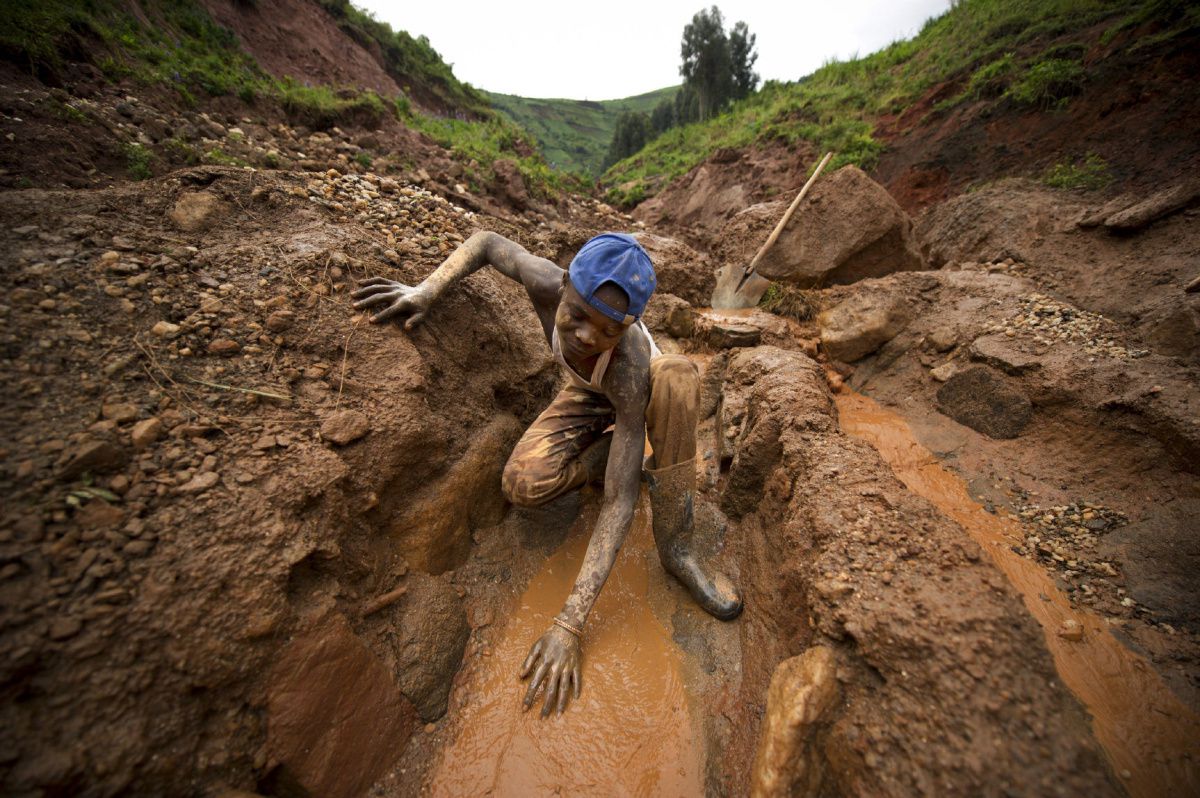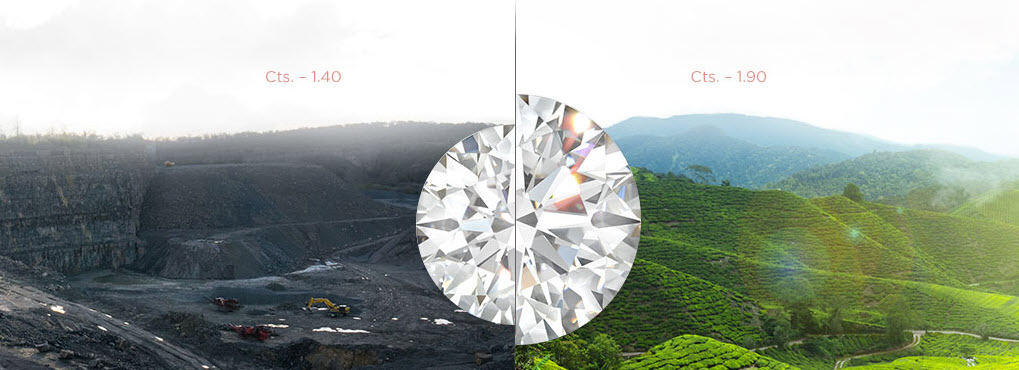Author: GEN
High Modernism and The Aral Sea disaster
The Aral Sea desiccation is a textbook example of the anthropocene. Children around the world learn about this ecological disaster in schools. The consequences of the desiccation are well-known the world over: the destruction of a fishing industry that sustained local communities for hundreds of years, the appearance of salt-laden dust storms, the spread of fertilizers and pesticides heavily used in the cotton industry over hundreds of kilometers around the sea, soil salinization, and the detrimental effects on the health of local populations.… Read More
The Phase-Out of Coal in Canada by 2030
Canada co-founded the ‘Powering Past Coal Alliance’ along with the United Kingdom at the United Nations 23rd Session of the Conference of Parties (COP23) to work to phase-out coal globally due to its negative environmental impacts.… Read More
Transnational Corporations, Indigenous Peoples and the Ambiguity of the Law: Some Thoughts on Current Developments in the Area of Business and Indigenous Rights
A Judgment in South Africa
Sometimes, one’s studies and the developments of the “real world” come together in surprising ways. As I make the very last adjustments to my paper on the engagement of mining corporations with the indigenous right to “free, prior and informed consent”, a South African court ruling makes headlines around the world.… Read More

The Sun Exchange – Solar Powered Money
The Sun Exchange is an example of how blockchain technology is being applied in the energy industry, specifically in the category of energy financing. The South African startup is a crowdfunding platform for relatively small scale solar energy projects in developing countries, especially on the African continent.… Read More
What is the role of Indigenous people in the fight against climate change?
Recently, I came across an interesting article entitled, “The Key role of indigenous people in global climate change efforts”. This article discusses the 2018 United Nations Climate Change Conference (COP24) climate talks that took place in December in Poland.… Read More

Sapphire Mines in Sri Lanka
Last summer, I travelled to Sri Lanka and I had the opportunity to visit traditional sapphire mines in Ratnapura. Here the standard pit mine consists of a vertical shaft that measures two by four meters.… Read More
Coltan Mining in Congo: What We Should Know
In this world of technology, most of us possess electronic gadgets. But how often do we stop to think about the mineral components that were obtained to manufacture our laptop or smartphone?… Read More

Biomimicry: Nature’s Solution to Man’s Toughest Problems
Human activities have placed a great deal of stress on the planet. The overconsumption of resources has led to global warming, resource scarcity, environmental degradation, and even conflict. Central to alleviating these human stresses on the planet is an efficient and sustainable use of the resources that many people take for granted.
Lab-grown Diamonds: Sustainable Choice for Consumers?
Sustainability is one of the main arguments supported by synthetic diamonds manufacturers to promote their product as an alternative to mined diamond. Sustainability is perceived in terms of carbon footprints, ecology and social/human impact.… Read More





